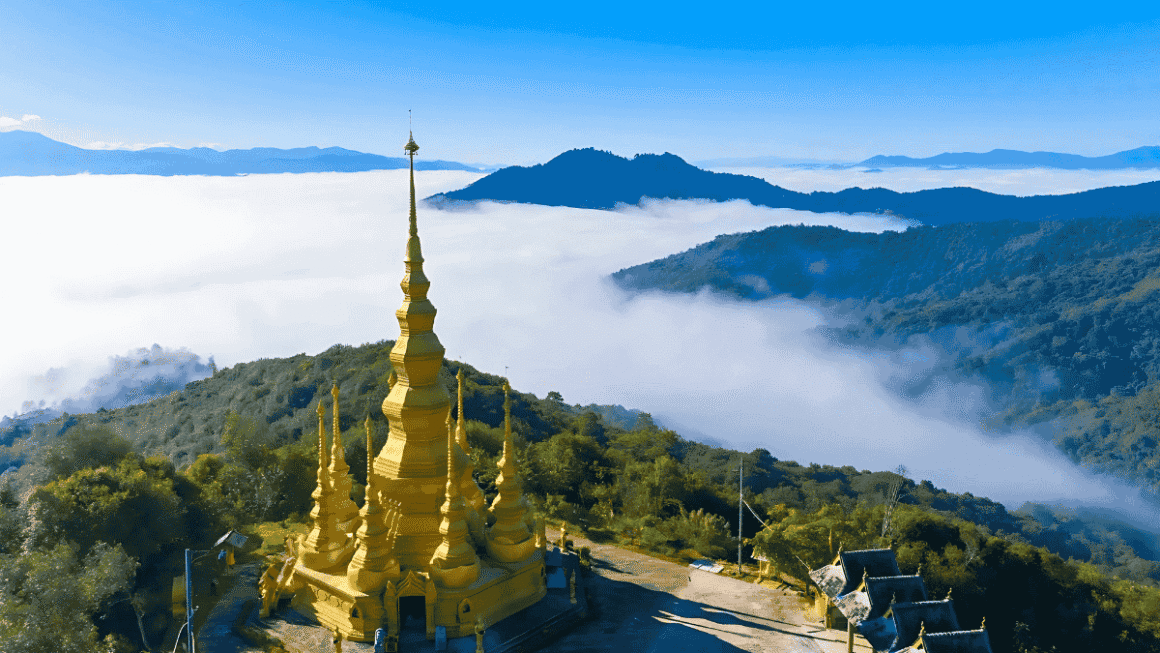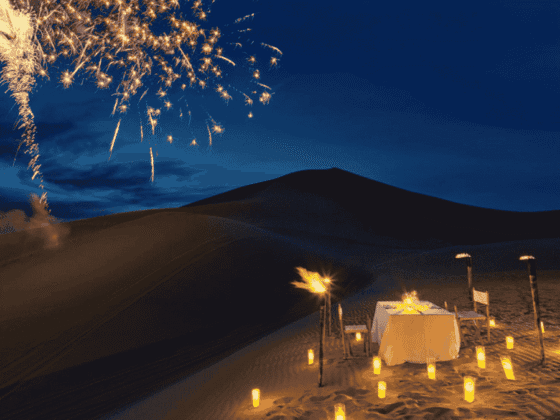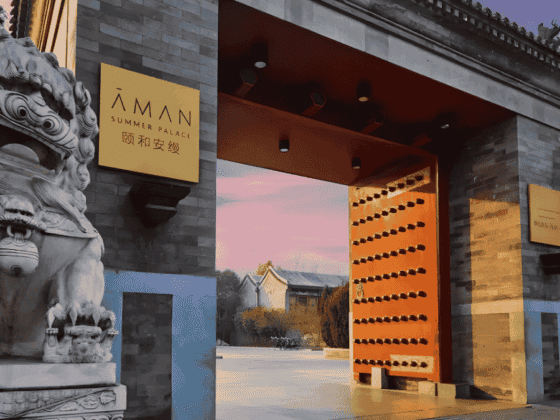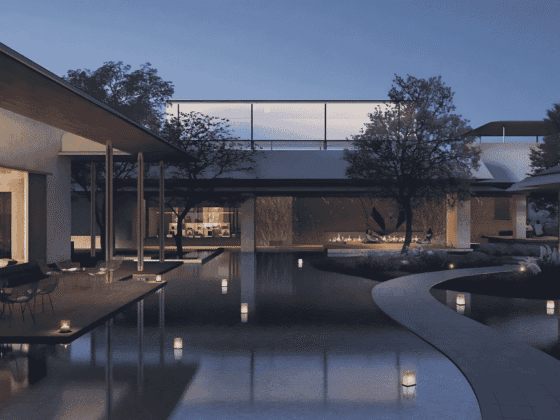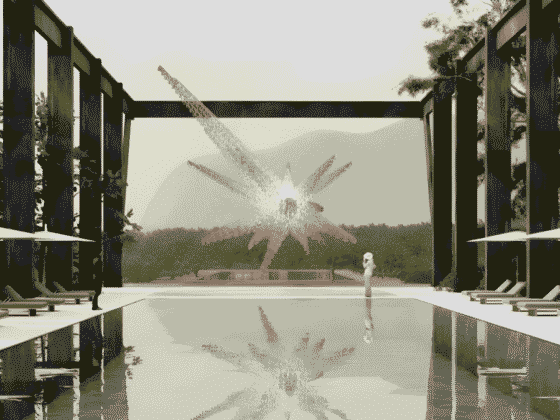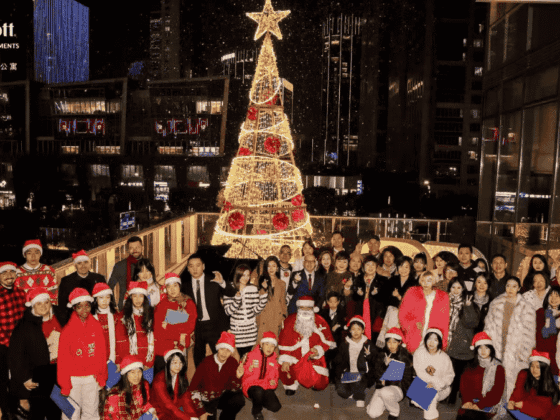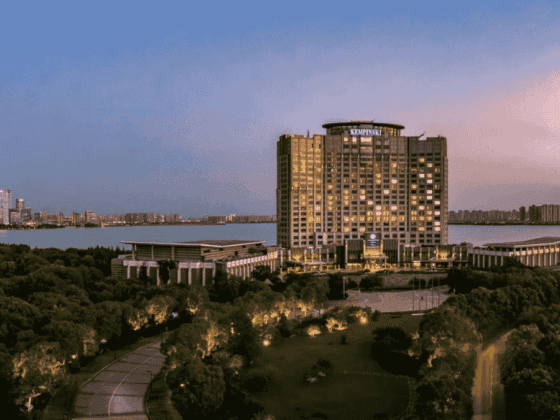
Tucked away in the misty highlands of Yunnan Province, Jingmai Mountain has long been a secret whispered among tea connoisseurs.
Now, with its recent inscription as the world’s first UNESCO World Heritage Site dedicated to tea culture, this remote enclave is stepping into the global spotlight.

A Living Tea Museum
Jingmai Mountain is home to the world’s largest and oldest artificially cultivated ancient tea forest, with over 1.13 million tea trees, some dating back 1,400 years. The region’s unique understorey cultivation method, developed by the Blang and Dai peoples since the 10th century, integrates tea groves with natural forests and village life, creating a sustainable ecosystem that supports both biodiversity and cultural heritage.
Ethnic Villages and Cultural Richness
Scattered across the mountain are 14 traditional villages inhabited by ethnic groups such as the Blang, Dai, Hani, and Wa. These communities maintain age-old customs, including ceremonies honoring tea ancestors and spirits believed to reside in the plantations. The villages, with their stilted wooden houses and terraced layouts, offer a glimpse into a way of life deeply intertwined with tea cultivation.

Bolian Resort & SPA, Jingmai: Luxury Amidst Tea Gardens
Nestled within the tea fields, Bolian Resort & SPA, Jingmai offers an immersive experience that blends luxury with tradition. Each of its 30-plus villas features private balconies overlooking the verdant tea terraces. Guests can partake in tea-infused spa treatments in Lahu-style pavilions, designed with floor-to-ceiling glass walls that bring the serene landscape indoors. Upon arrival, visitors are greeted with traditional ethnic welcome ceremonies, setting the tone for a culturally rich stay.

Seasonal Splendor
Jingmai Mountain enjoys a mild, spring-like climate year-round, making it an ideal destination for travelers seeking tranquility. From late December to early January, cherry blossoms blanket the mountain, adding a splash of color to the lush greenery and offering a picturesque backdrop for tea enthusiasts and nature lovers alike.
Getting There:
Jingmai Mountain is located in Huimin Town, Pu’er City, Yunnan Province. The nearest major city is Pu’er, from which travelers can reach the mountain via a combination of road transport and local guidance. Given its remote location, planning ahead and coordinating with local tour operators is recommended to fully experience the region’s offerings.
Travel Tips:
• Best Time to Visit: Late December to early January for cherry blossoms; spring and autumn for optimal weather.
• Cultural Etiquette: Participate respectfully in local customs and ceremonies; photography may require permission.
• Accommodation: Advance booking at the Bolian Resort is advised due to limited availability.
For those seeking a journey that intertwines natural beauty, cultural depth, and the timeless allure of tea, Jingmai Mountain stands as an unparalleled destination.
